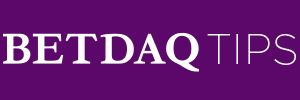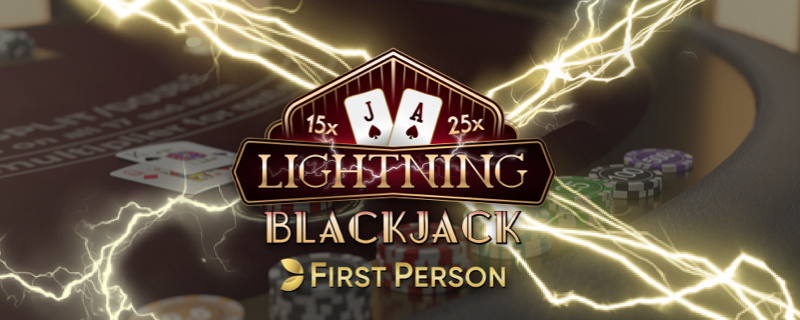Value is king
The odds are key. It’s all about the odds. Don’t make the mistake of trying to back winners without taking the odds into account. Don’t fall into the an-even-money-winner-is-better-than-a-twenty-to-one-loser trap. Value is an over-used and much misunderstood and much-maligned term in betting, but, if you are going to stand any chance of making a long-term profit, it is king.
A 20/1 shot does not automatically represent value just because it’s a big price, just because it’s a 20/1 shot. It’s only value if you think it should be a 10/1 shot, or a 12/1 shot or a 16/1 shot. Value is subjective, not objective. Value lies in the difference between the price you think a horse should be and the price that the horse actually is. If you think that the 20/1 shot should be a 33/1 shot, as a lot of them should be, then it is not value, even though it is 20/1.
Of course, value can be found in short prices as well as in long prices. A horse that is available to back at 2.5 is value if you think it should be an even money shot, a 2.0 shot. If you were offered 2.5 about tails coming up in the toss of a fair coin, that would be a value price, that would be a bet that you should have. You might still lose the bet, heads might still come up, but you know that you were on at a value price, you know that, in the long run, if you continue to bet tails at 2.5, you will make a profit, and that’s the key.
You have to try to back horses that you think are over-priced. You have to allow a horse that you think is the most likely winner of a race go unbacked if you think that it is too short a price. You will miss winners, you will kick yourself, you will convince yourself after it has won that, actually, it was value, but if you remain disciplined and if your assessment of odds is accurate, then in the long run you will make a profit. And don’t be lulled into fitting value retrospectively. Just because tails has come up, it doesn’t mean that it was value at 1.8.
If you draw a card from a deck of 52, the probability of drawing a red card is obviously 0.5, the probability drawing a King is 0.077. If you were asked, which is more likely to be drawn, a red card or a King, the answer is obvious. Just like, if you were asked, what horse is the most likely winner of tomorrow’s Cambridgeshire, you would probably say, Dare To Dance, he’s the favourite.
However, by introducing odds, you move into a different dimension. Say you are offered odds of 1.8 that a red card is drawn, you know that the true odds are 2.0, so you shake your head politely and walk away. Say you are offered odds of 17.0 about a King being drawn, you know that there is one chance in 13 of that event occurring, you know that the true odds are therefore 13.0, so that is a bet that you will take.
You know that it is much more likely that a red card will be drawn than a King but, because you know that odds of 1.8 about a red card represent poor value, while odds of 17 about a King represent good value, you will bet the latter, not the former. You will lose far more bets with that strategy than you will win, but, in the long run, you know that will make a profit.
The difference between the draw of a card and the running of a horse race is that, unlike the draw of a card, before a race is run nobody knows for certain what the true odds of any horse winning are. The odds available are simply a function of backer and layer opinion, supply and demand. The odds presented on a betting exchange represent the point of equilibrium between backers and layers.
So do odds of 7.0 or 8.0 about Dare To Dance winning tomorrow’s Cambridgeshire represent value? Probably not. He has a few negatives to overcome. Highly progressive though he is, he has raced just three times in his life, he may lack the experience required to win a 35-runner handicap. Also, the race that he won at Newmarket last time, after which was installed as Cambridgeshire favourite and for which he was raised 7lb, is not working out too well. On top of that, he is by Danehill Dancer, whose progeny generally like to get their toe in, and his two turf wins have been on easy ground, so tomorrow’s quick conditions may be faster than ideal.
Questioning makes much more appeal at around 10.0. He has been raised 10lb by the handicapper for running King Torus close last time, but, because the Cambridgeshire had already closed by then, he gets to race off his old mark of 99, so he is effectively 10lb well-in. On top of that, he is trained by John Gosden, who has won two of the last four renewals of the race, he is the trainer’s only representative, he should benefit from the step up to nine furlongs, he has run well at the track twice before and he is proven on fast ground. It wouldn’t be surprising to see him usurp Dare To Dance as favourite before 3.50 tomorrow, and 10.0 is probably still too big.
OUTSIDE THE BOX with Donn McClean







